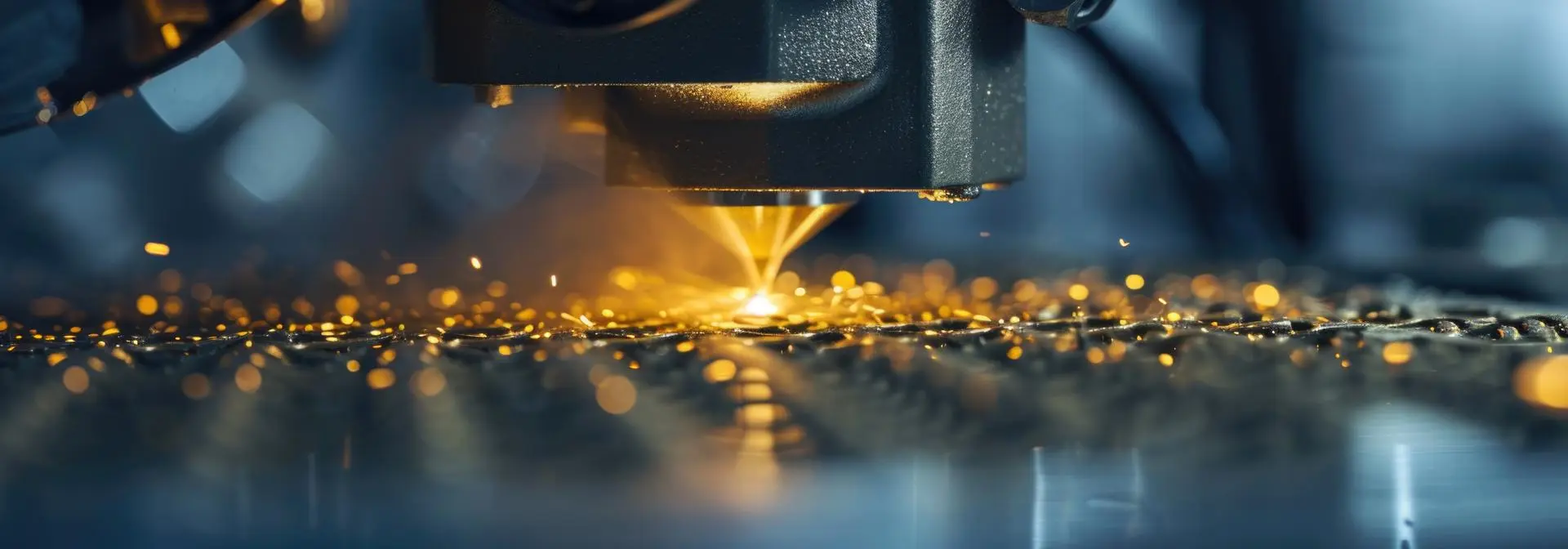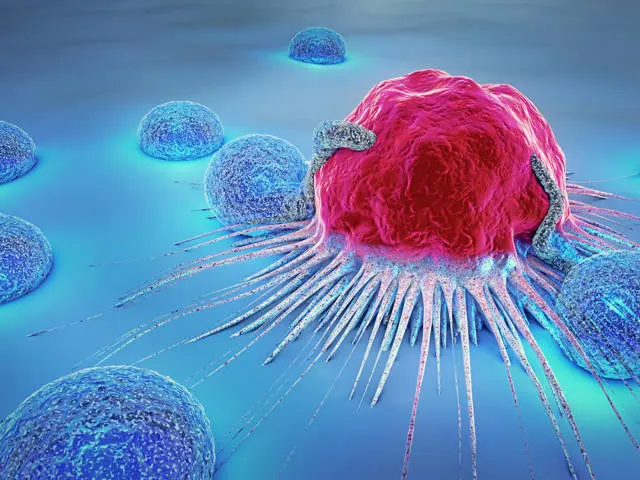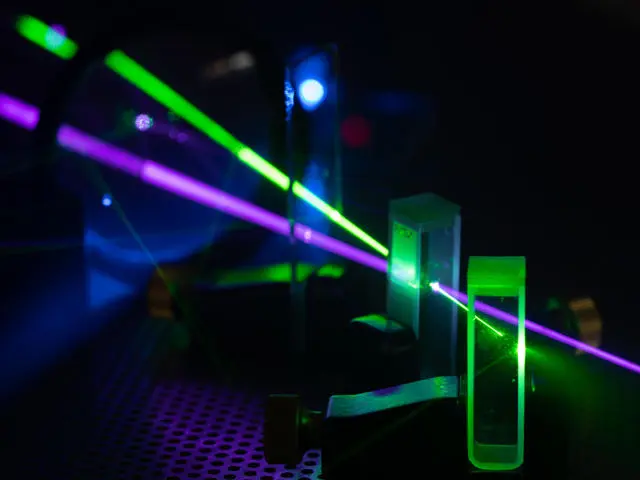High-power laser applications

We harness high-energy laser systems to enable transformative new applications across industrial and medical fields. These high-power lasers enable precision manufacturing techniques, such as laser cutting, welding, and additive manufacturing. This includes advanced processes in 3D printing of metals and medical device fabrication, where laser technology improves both the efficiency and accuracy of production. Additionally, we are exploiting the properties of ultrashort pulsed lasers to improve the precision of surgery especially for improved treatment of cancers.
We have an extensive suite of high-power lasers that can be precisely controlled to tailor the properties of the beam. These lasers can be combined with state-of-the-art control systems that allow us to focus the laser light in precisely the right manner to generate the material modification needed. Our expertise in laser-material interaction allows us to design solutions for a wide range of manufacturing challenges across many industrial sectors, from transport (for example, ship engine parts) to energy (such as battery manufacture) to medical (in miniature optical systems for in-vivo sensing).
By creating new possibilities for high-precision applications, our research in high-power laser systems bridges the gap between laboratory advances and real-world industry needs, making a significant impact in both manufacturing and medical technology.
Photonics is a world-leading area of research expertise at Heriot-Watt University, recognised in the 2021 Queen's Anniversary Prize for photonics. The Institute of Photonics and Quantum Sciences (IPaQS) is an integral part of a focused research ecosystem, collaborating on aligned projects across our other institutes and global research institutes; The National Robotarium, The Lyell Centre for Earth and Marine Sciences and Technology, The Global Research Institute in Health and Care Technologies, and the iNetZ+ Global Research Institute for Net Zero and Beyond.
By bringing together experts in photonics, and a range of scientific disciplines, in a collaborative environment, the most complex challenges can be tackled. This interdisciplinary approach is strengthened through external partnerships, ensuring the research not only advances scientific understanding but also delivers real-world impact across multiple sectors, from telecommunications to healthcare and precision manufacturing.
Collaborate with us
Related themes and projects

Engineering the fight against cancer
Our research aims to revolutionise cancer care through advanced engineering, improving diagnostics, treatment, and monitoring for better patient outcomes. Collaborative innovation ensures patients access cutting-edge care.

Manufacturing and industry
We're collaborating with industry to digitally map manufacturing processes. This approach will help to develop universally applicable solutions, enhancing sustainability across various sectors, such as the brewing and distilling industries.

Novel light sources
Developing advanced technologies such as ultrafast lasers and optical frequency combs. These tools enable precision applications in spectroscopy, metrology, and imaging, impacting industries from astronomy to manufacturing.

Photonic sensing and measurement
Creating precise instrumentation for extreme environments, supporting fields like medical imaging, environmental monitoring, and defence.

Precision laser applications
The precision laser applications (PLA) labs conduct research into laser-based technologies, from micro-manufacturing to optical sensing. Our focus includes developing novel laser processes for healthcare, aerospace, and manufacturing, collaborating with industry partners to revolutionise precision component production using advanced laser and robotic integration.